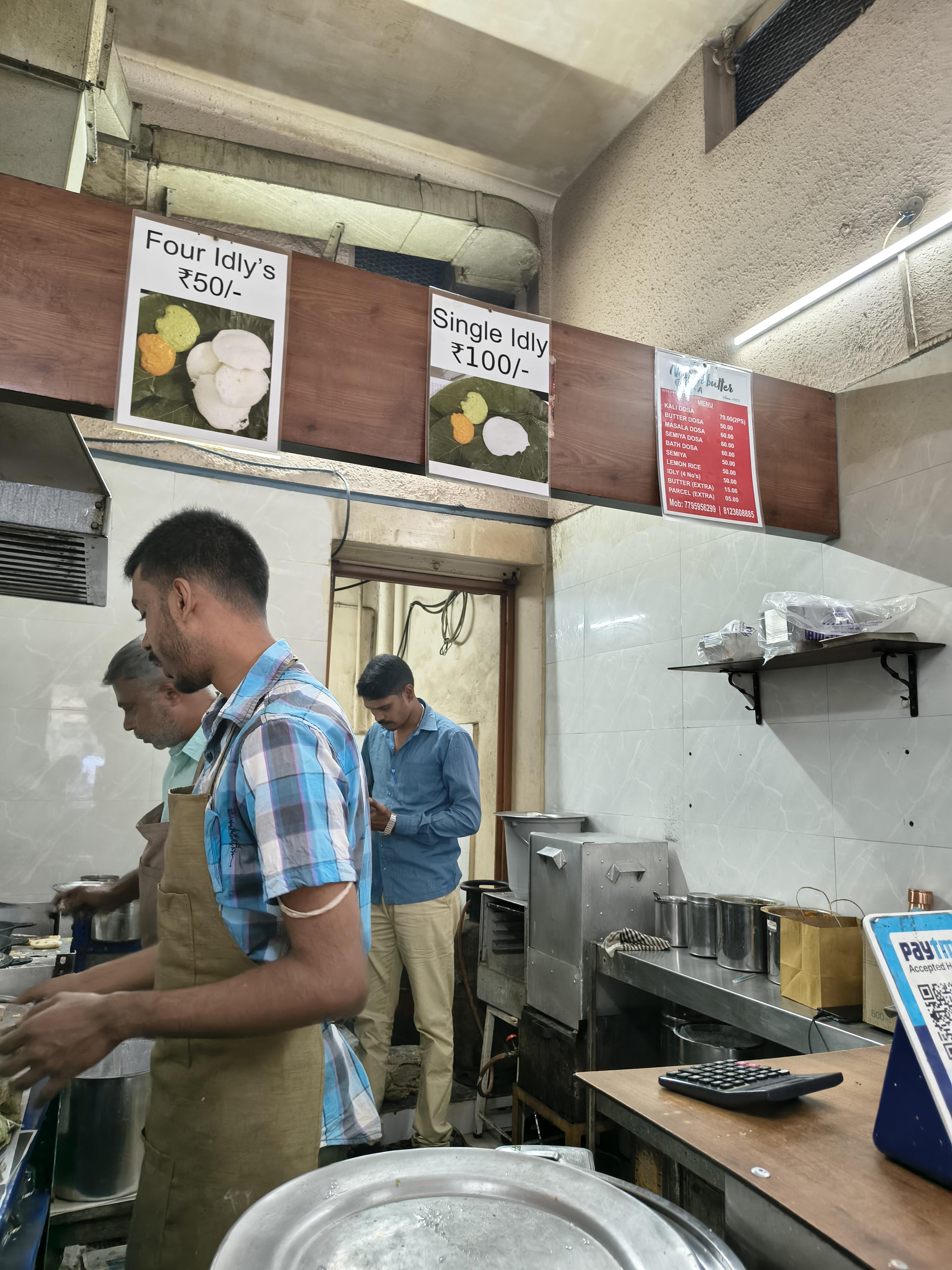In the UK, 27,000 people under 25 have some form of arthritis. How do they cope with a disease usually linked to old age?
As a 29-year-old woman with arthritis, I can state with conviction that the disease is not, as many assume, something only elderly people get. Tell friends you can't go on their hiking trip with tents because of arthritis and they will look at you askance. Ditto when they have to chop up your vegetables for you. But these are some of the daily realities of life with this disabling disease.
So a new online community called Arthur's Place has already proved invaluable to me. It is doing its best to dispel the "old age" myth and to help young people with the condition - providing advice on everything from what to wear, to whether or not you should get a tattoo.
One of the contributors is Collette McColgan, a 24-year old journalist. One of 27,000 people under 25 living with a form of arthritis in the UK, she has had juvenile idiopathic arthritis since she was three. "The trouble with the term arthritis is that it covers more than 200 different conditions, and they really are all very different," she says. "Chances are, me and your gran don't have the same type."
Symptoms of the different conditions can range from fairly mild to totally debilitating. I am lucky in that my symptoms receded a great deal after I began taking the immunosuppressant drug methotrexate, a chemotherapy medicine prescribed to many people with arthritis. But this drug comes with problems: after all, who really wants to suppress their immune system? To do so leaves you vulnerable to infection and can make you seem like the world's biggest hypochondriac - "Don't come near me with your cold!" "Do you have any antiseptic for this tiny scratch?"
Methotrexate is particularly problematic for young women, as its use is associated with severe birth defects. If I choose to have children, I will have to come off the medicine that has helped me so much. Would I be able to make that sacrifice? Other drugs are hardly kinder - there is hydroxychloroquine (also used to treat malaria), which carries a very slim (but still worrying) chance of causing blindness, or adalimubab, another immunosuppressant.
Yet despite the many problems arthritis can bring, McColgan talks with humour about it, breezily referring to her "funny hands and perma-bent elbows" and describing how her swimming instructor developed "Collette stroke" for her because she couldn't do the leg movements for breaststroke, so used the ones for butterfly instead. She writes about how and when to tell a potential love interest about arthritis: a good time not to tell him is "after he's playfully pushed you and accidentally really hurt you; again, it's always best to let them know early on to avoid hospital trips on dates". She writes, too, of the frustration of endlessly hearing: "Oh, my gran has that."
Arthur's Place was founded by rheumatology nurse Andrea McBride. "I was sad to see so many young people with no resource," she says. "There's a lot of information for older people, a lot for parents and young children, but nothing in between, and that's what triggered the idea."
With no NHS funding, McBride built the site in her own time, giving over her evenings, weekends and holidays to research and seek funding. It has grown more than she could have imagined, with a lifehacks section, a forum, facts and blogs, all in a very "not hospitally format". Recently, it won an award from the National Rheumatoid Arthritis Society (NRAS).
Clare Jacklin, director of external affairs at the NRAS, says: "Too often young people with rheumatoid arthritis aren't taken seriously when initially presenting their symptoms to their GPs. Then they have difficulty getting family, friends, teachers and employers to understand that they are not too young to have arthritis. These attitudes 'disable' people from doing the things they want and need to do." However, she also says that a rise in the number of young people with arthritis is less likely to be the result of an increase in occurrence than better recognition of the disease, and diagnosis by doctors.
McBride also points out that young people were reluctant to talk about it. She says: "Some were worried they might lose friendships if they spoke out, so they tended to stay silent and deal with it the best they could with the limited information they could find."
For those with arthritis, maintaining relationships and friendships can be problematic. McColgan describes people taking the mickey when she asks them to open a bottle before she "drops the Arthritis Bomb".
Opening screwtop bottles is only one problem for those with arthritis. Others could be as mundane as brushing your hair, carrying things or lifting your suitcase into an overhead locker without looking "too damsel-in-distress" - and cutting your toenails. When I told people I'd had a pedicure they looked at me as if I were the most spoilt, extravagant girl in the world. I'm not. I was having a flare-up and couldn't reach my feet.
McColgan's blogs remind me of all the times my friends have collected medicine on my behalf when I can't walk the 50 yards to the chemist, or have let me lean on them when my knees decide they no longer want to cooperate with walking. Luckily for me, this only happens when I have a flare-up, but for others it is constant.
Arthur's place is a lively, vibrant, and - most importantly - non-patronising community, where people with arthritis can share stories, funny, touching or sad, about what it is like to be a young person with the condition. It makes them feel less isolated, and perhaps, as it grows, it will begin to alter the perception of arthritis as an elderly person's disease.w
Collette McColgan, 24, who has had arthritis since she was three, writes of the frustration of endlessly hearing: 'Oh, my gran has that.'












